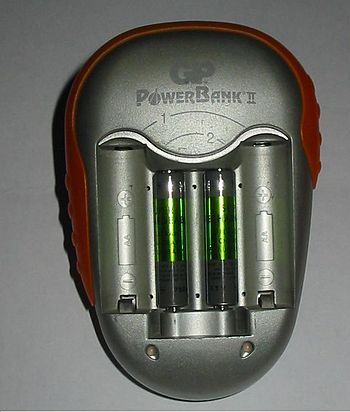1. Unplug appliances. When appliances are not in use but are plugged in, they are still using a small amount of electricity. The coffee pot, toaster oven, and fans can all be unplugged when not in use. So if you get into the habit of unplugging things when you're not using them, you will not only start saving yourself money on your electric bill - you will also be making your carbon footprint smaller by using less electricity and energy.
2. Replace older appliances with Energy Star appliances. Now we know it can be a huge up-front expense having to replace appliances that don't really need to be replaced. But you will save money on your energy bills and eventually it will pay off. You don't have to do it all at once, but you can save up to $75 a year by making the switch, so just start switching over when you need to replace things. When old appliances start to wear out, gradually replace them with newer, more energy-efficient models. For our new house, my husband and I will be replacing the 20+ year old furnace, and inefficient window air conditioning units, with a new geothermal system when we move in. While it is more expensive up front, it will save us thousands of dollars in electricity usage in the long run.
| Battery charger (Photo credit: Wikipedia) |
4. Replace your chemical household cleaners with natural cleaners. You can buy specific green cleaners which will cost you more. Alternatively, if you use something like white vinegar or baking soda to disinfect, clean, and remove stains and freshen the air, then you'll be saving huge amounts of money on your cleaning products - and still getting things clean to boot.
5. Whenever possible, skip the car and walk or bike where you need to go. The obvious savings would be gas savings, but you'll also save on auto repairs. If you must drive, though, then try to combine errands as much as possible and take a more direct route to get there, and carpool whenever possible. If your co-worker needs to pick up their dry cleaning at the same laundromat as you, then just do it together. Or ride to work together if you live close to each other.
6. Research recyclable items and use products that are made from recycled materials. It can be cost-effective to use items which can be used over and over. Companies are learning that they also save by using recycled materials, and they pass those cost savings onto you. However, they need the materials to come back to them if they are going to continue producing recyclable materials. So make sure to recycle your materials when done.
Just think smart and work hard to be aware of what's out there. Saving money and being conscientious of the eco-system just go hand in hand. If you follow these tips then you will be keeping money in your pocket while also helping protect the planet. It's a win-win situation!

No comments:
Post a Comment